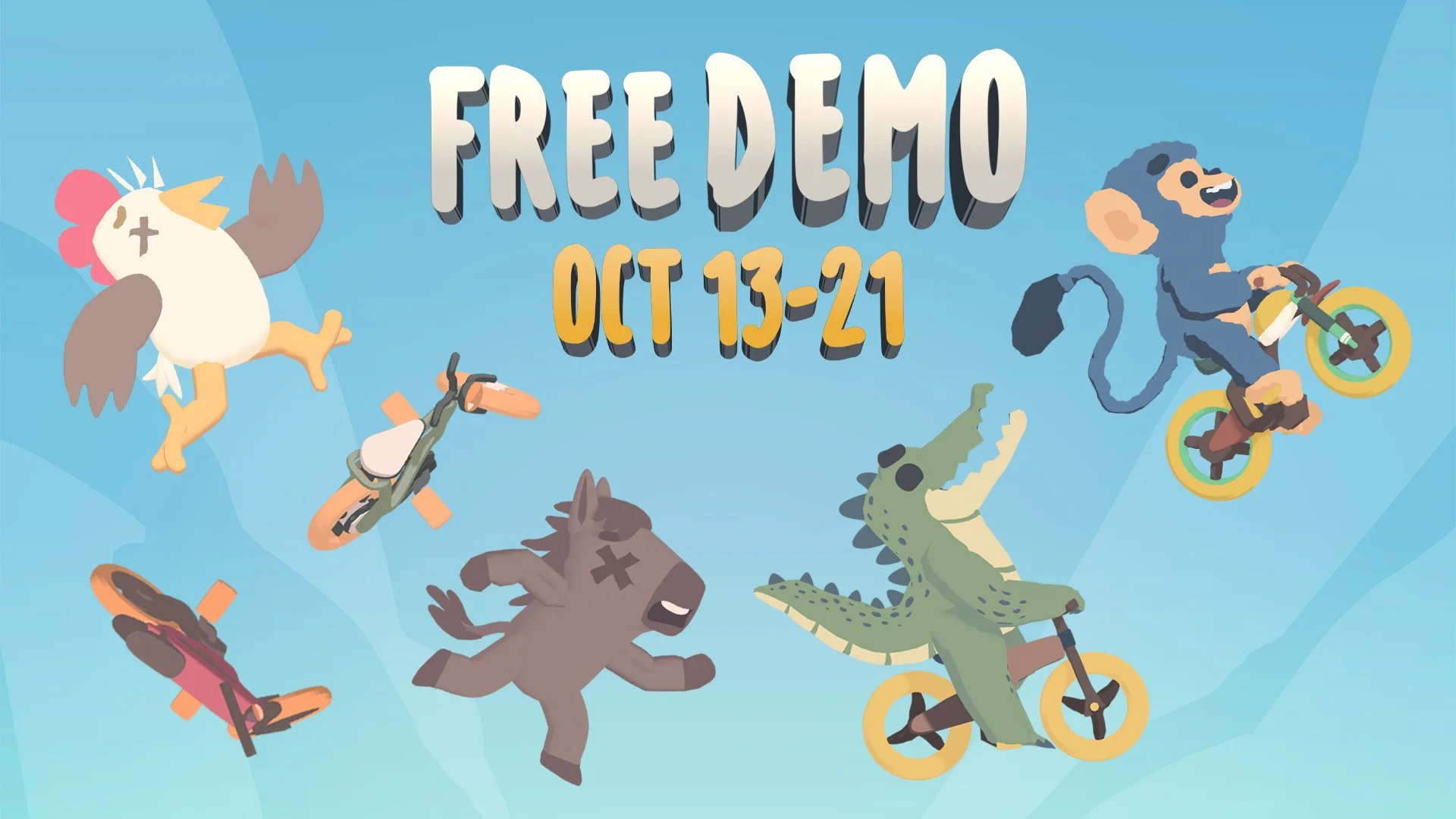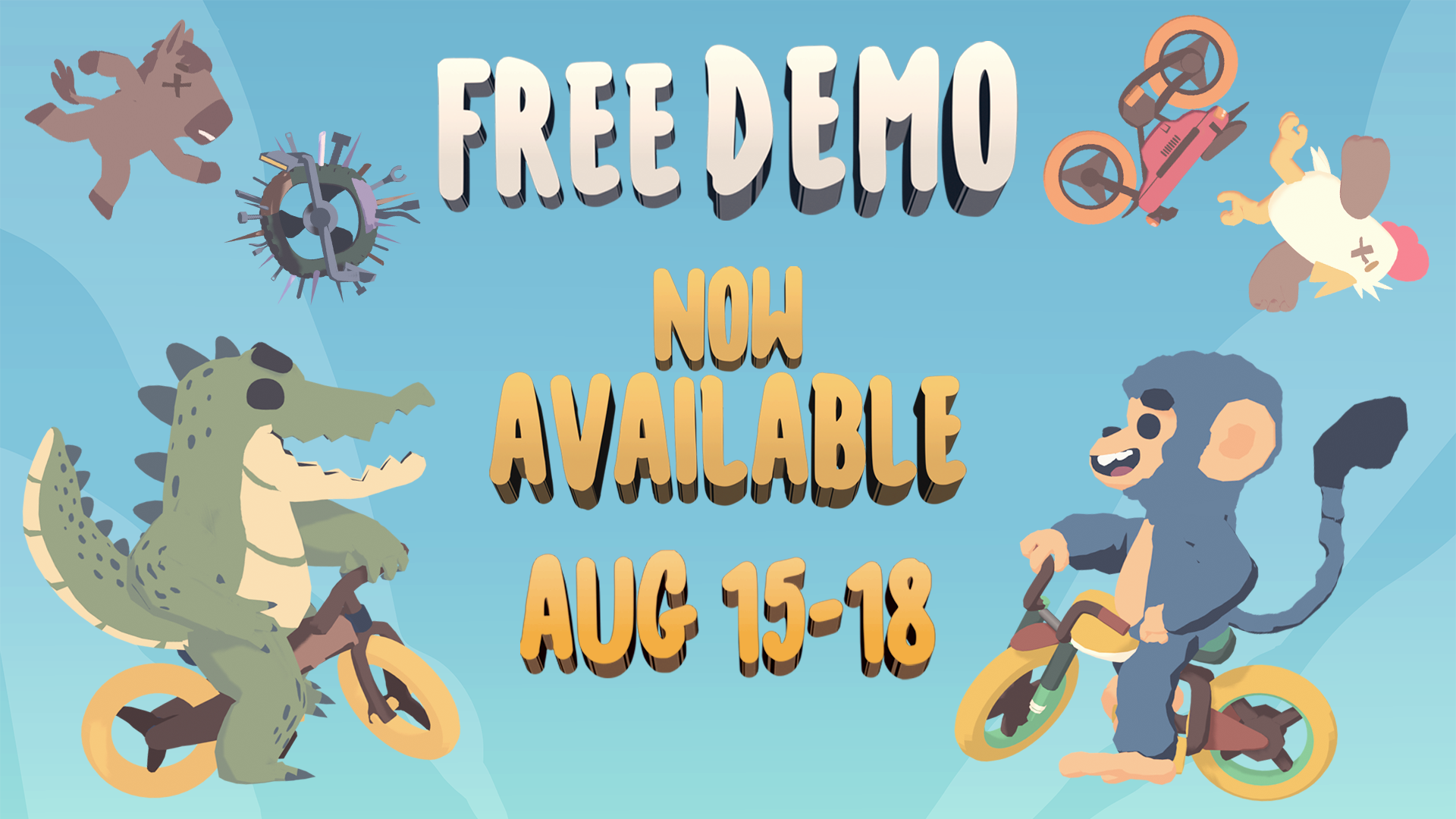Working on Schooled with Rooster Teeth
/I wanted to take this week's blog post to give thanks to and talk about my experience with the Rooster Teeth team and their production of their show "Schooled". Schooled is a show where Geoff Ramsay (of Rooster Teeth fame) trains a group of kids to beat the Achievement Hunter folks (also YouTube stars) at a video game. The game in this case, is Ultimate Chicken Horse.
I worked with an amazing producer named Mike from INE Entertainment, and I was actually able to Skype in with the kids while they played. Working with him, with the kids, with Geoff, and with Millie (his daughter), was absolutely great and I really appreciated being there. The kids really seemed to enjoy having me there, and I think this is a great opportunity for them and for Rooster Teeth.
I'm not a great actor or particularly expressive on camera, and they helped me out to feel comfortable and relaxed. I really earned a ton of respect for video producers, content creators on YouTube, and the Rooster Teeth team not only for helping me and giving me that opportunity but also for trying a show that leads in a more family-friendly direction. Their usual stuff is, well, not family-friendly so it's a risk that they're taking and so far it seems to be working really well.
So big thanks to them! This show is giving us exposure, especially to the younger audience which will be important once we come out on console.
















